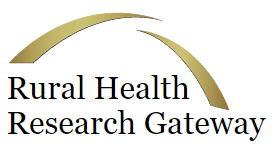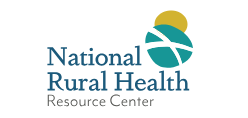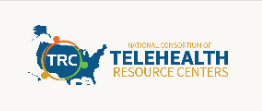January 10, 2025

Upcoming Webinar: An Updated Model of Rural Hospital Financial Distress, January 14
This webinar will provide an overview of new research by the North Carolina Rural Health Research Program on the topic of rural hospital financial distress.
The aim of this research was to create an updated Financial Distress Index model that recognizes recent changes in the operating environment and uses financial performance, government reimbursement, organizational traits, and market characteristics to predict the risk of rural hospital financial distress two years hence.
Rural hospital profitability continues to be a challenge; having a model that can accurately predict financial distress and closure helps programs and policymakers better target resources to prevent closure or convert to other models of care.
Cost: Free
When: Tuesday, January 14, 1:00 p.m. ET
Click Here to Register







